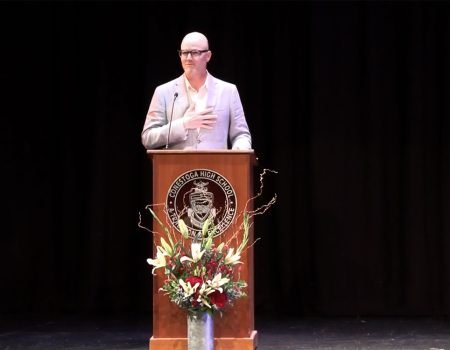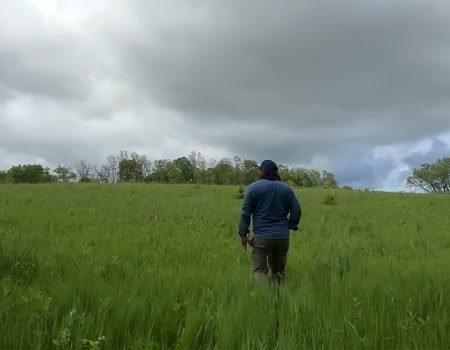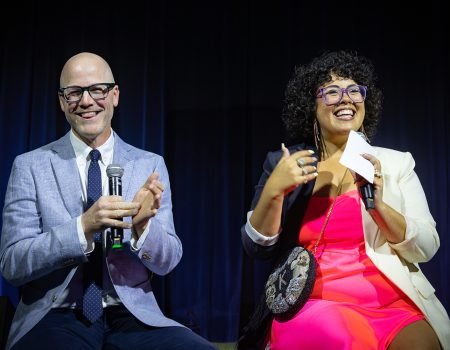Diver Down
My mom worked across the street from NASA headquarters in Washington, D.C., when I was a little kid. She would periodically bring me photos, posters, and patches from the Space Shuttle program’s infancy because she knew that, like most kids my age, I wanted to be an astronaut.
Despite being born in Iowa, I grew up near the ocean. We spent long, hot summer weekends in Chincoteague, MD, Rehoboth Beach, DE, and Avalon, NJ. In the winter, mom would take us to Florida, or the British Virgin Islands, or Mexico, or Belize. I always loved the ocean.
Finally, at 34-years-old, scuba diving has satisfied both my desire to fly, to be weightless, and to explore the sea.
I dove seven times over five days in Honduras last week. Again, there’s no way I’ll be able to find words to take you there with me. It is beyond words. It really is. It’s terrifying, and exhilarating, and completely calming. It’s beautiful in every way: in what one sees, and in what feels. It is a silence and a freedom like nothing else I’ve ever experiences.
I’m hooked.
On Wednesday afternoon, Abbi and I set out with my dive instructor, Anne. Anne was about our age, from Sweden, and wore blonde pigtails. Her eyes were constantly wide, in and out of the water. But the widest I saw them was Wednesday afternoon.
We’d been at about fifty feet for maybe twenty minutes. We’d begun the dive exploring the outer edge of the reef to nearly eighty feet, though it fell deeper still into an inky, aqua-blue darkness. We were moving slowly, gliding patiently along walls of coral, sea fans and strange formations that can only be described a Suessian. I was steady, and assured, and confident, despite only a few days’ dive experience. I liked to look up at the surface of the waves way overhead.
Diving is all about breath control. One’s depth is governed almost entirely by the volume of air in one’s lungs. Exhale, and you sing. Inhale, and you rise. It’s like being a lunar lander, except your lungs are your retro rockets. It’s amazing.
Abbi, Anne and I were slightly scattered, maybe fifteen feet apart from one another, rising and descending slowly over great and oddly-shaped formations and peaking into dark spots, when Anne signaled to us (she carried a small metallic rattle which she shook whenever she wanted our attention). She placed her right hand perpendicular to her forehead, the universal signal for shark. And then she held up two fingers: two sharks.
I exhaled to descend to her, careful not to land on her there peaking around an outcropping of coral. As my knees settled into the sand at seventy feet, I spotted two tails resting on the sea floor before me. I craned me neck to see two nurse sharks, maybe sixteen feet a piece, napping in the sand.
It was like sneaking into a lion’s den and seeing a lion and lioness sleeping. Or tiptoeing past a beehive. But while my eyes were as wide as saucers, my heart was beating steadily, and, were it not for the regulator in my mouth, I would have been smiling widely.
We knelt there a few minutes just watching them, when the one nearest to us began to stir. It turned towards us, fixing it coal-black eyes on us for just a second, then looped around and swam off in the other direction. After a few more minutes, we rose, and calmly, quietly swam off.
One is attracted to diving, I think, by epic visions of great whites and manta rays informed by years of Joques Cousteau films and Discovery Shark Week reruns. But while our shark spotting was exciting, and beautiful, and awe inspiring, there were a hundred smaller, more intimate moments beneath the waves that proved just as meaningful: following the long tail of a tiny, fragile jellyfish, spotting a nudibranch, or watching a bone-white sea fan tremble in the surge.
Above all, my time underwater reminded me just how fragile the planet is, each delicate creature relying on the next. And it reminded me just how deep life can be, despite our shallow grasp of it all.



